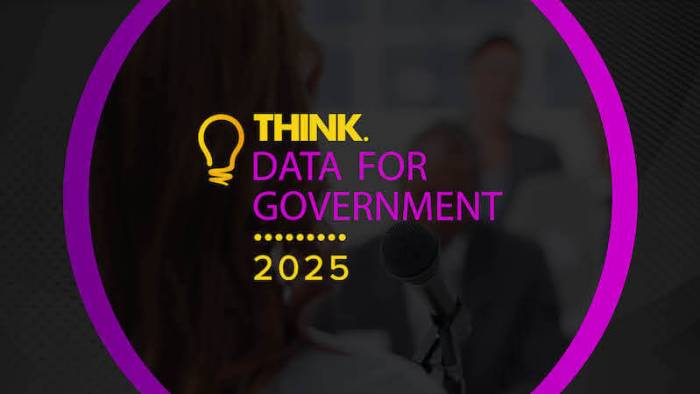Globally, AI adoption has surged from 64 percent to 80 percent in the past year, with 62 percent of organisations citing security or threat detection as their top AI goal for the year ahead.
According to Okta’s AI at Work survey, organisations are confronting new security challenges, redefining identity management and navigating the emergence of AI agents and non-human identities (NHIs).

As such, 85 percent of global respondents now view Identity and Access Management (IAM) as important to their security posture, up from 79 percent last year.
While the percentage of companies using AI for security purposes slightly decreased from 71 percent in 2024 to 65 percent in 2025, the proportion of respondents who “strongly agree” with the view that “AI is the best defence against AI” rose sharply from 18 percent to 41 percent.
In EMEA specifically, the use of AI for security remains strong, with 70 percent of UK organisations exploring AI-driven security solutions, and France (63 percent), Germany (57 percent) and the Netherlands (57 percent) also showing uptake. These figures, while high, still trail global leaders such as the US and India.
Rapid growth in AI agents and NHIs
In 2025, 42 percent of organisations globally report widespread use of NHIs across multiple business functions, with an additional 55 percent noting moderate use in specific cases. In EMEA, widespread adoption is lower at 22.5 percent, with the Netherlands leading at 30 percent and the UK, France and Germany each at 20 percent.
AI agents are increasingly complementing human workforces. The most common benefit from integrating with AI agents is increased productivity, followed by cost savings. For 2025, 47 percent of companies expect AI agents to have a moderate impact on operational efficiency, and 55 percent believe these agents will complement human roles, while only five percent see AI agents replacing human workers.
If you liked this content…
Top trends for AI agents include automating repetitive tasks, enhancing customer service and optimising workflows.
Security and governance challenges
The primary security concern related to AI agents over the next three years is governance and oversight, cited by 58 percent of organisations, followed by compliance and regulatory requirements at 50 percent. Securing NHIs is now a critical or very significant priority for 76 percent of organisations globally, with 78 percent citing control of NHI access and permissions as their leading concern.
Access management and visibility are top needs for managing NHIs, with APIs and tokens rated most important, just ahead of service accounts. Eighty-nine percent of respondents globally say they have at least an intermediate understanding of NHIs, with 20 percent claiming expert knowledge. Despite this, 42 percent of organisations admit they have only limited exploration or awareness of a formal strategy for managing NHIs.
Organisations are responding with improved governance. Thirty-six percent now have a centralised AI governance model, and another 42 percent have one in progress. Thirty-two percent of organisations always treat digital labour forces with the same degree of governance as human workforces, and a further 25 percent do so often. Despite this, only 10 percent of organisations have a governance strategy in place for managing NHIs, while 91 percent are already deploying AI agents.
“The rise of AI agents and non-human identities (NHI) underscores the urgent need for new security and governance frameworks. AI adoption is more than a technical upgrade – to maximise its strategic value, organisations must define clear use cases and build solid foundations from the start,” said Stephen McDermid, EMEA CSO at Okta.
“Whether it’s using AI for customer support interactions, sales & marketing initiatives or security enhancements, identity is fundamental to how businesses will optimise their use of AI, whilst also keeping their data safe.”








